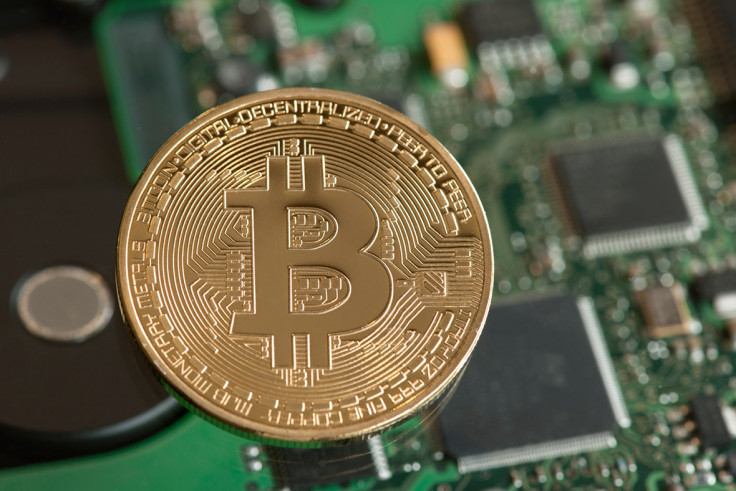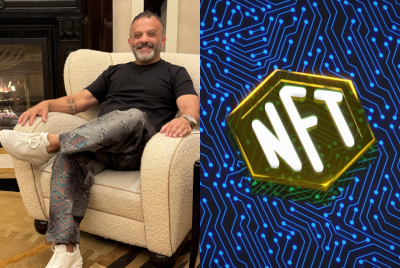Man charged with illegally laundering Bitcoin cleared after judge rules 'it's not real money'
Florida laws too vague to bring prosecution against selling digital currency, judge rules in landmark case.

A judge in the US has thrown out a case against a man accused of laundering $1,500 in Bitcoin after ruling that cryptocurrency doesn't classify as real money. Web designer Michell Espinoza, 32, had been charged with illegally transmitting and laundering the digital currency but was cleared after Miami-Dade judge Teresa Mary Pooler ruled laws around money laundering were too vague to apply to Bitcoin.
According to the Miami Herald, Espinoza was snared after he sold Bitcoin to undercover detectives, who told him they intended to use it to buy stolen credit card numbers. Under Florida law, felony charges for money laundering can be brought against someone who engages in a financial transaction seen as promoting illegal activity.
However, Judge Pooler ruled Bitcoin doesn't count as money due to the fact it isn't officially recognised by banks or the US government. She also ruled that the state's law on money laundering was so ambiguous that it couldn't be applied definitively to the case anyway.
"The court is not an expert in economics; however, it is very clear, even to someone with limited knowledge in the area, the Bitcoin has a long way to go before it the equivalent of money," Pooler wrote in the court order. "This court is unwilling to punish a man for selling his property to another, when his actions fall under a statute that is so vaguely written that even legal professionals have difficulty finding a singular meaning."
Bitcoin has gained both popularity and notoriety since its emergence, not least because it can be traded anonymously, making it a popular choice for black market traders.
The case against Espinoza has been labelled a "guinea pig case" by the Bitcoin community, in that it is the first time someone has been persecuted for laundering digital currency. Pooler herself acknowledged the shortcomings of the court's understanding of Bitcoin, but said it has "a long way to go" before it could be classified as "tangible wealth".
It is hoped that the case will lead to a better understanding of digital currencies by the world's governments and encourage more people to use it.
Miami detectives arrested found 32-year old Espinoza in 2014 after finding him through a Bitcoin exchange site. According to Bitcoin.com, investigators had been shadowing the local Bitcoin community in Miami after attending a Bitcoin conference in the city in 2013.
Espinoza was arrested along with another man, Pascal Reid, who pleaded guilty to acting as an unlicensed money broker and was sentenced to probation. Reid agreed to teach law enforcement about Bitcoin as part of his plea bargain.
© Copyright IBTimes 2025. All rights reserved.






















